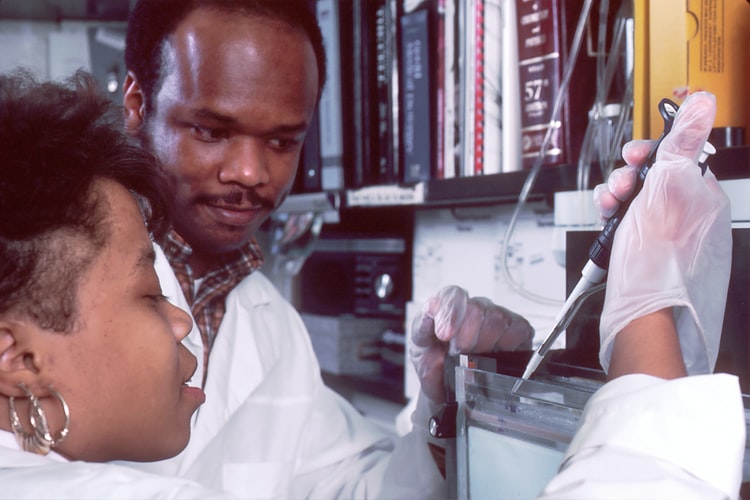A study published in the online issue of journal Nature Communications reported that patients receiving care for advanced cancer at Moores Cancer Center at UC San Diego Health were more likely to survive or experience a longer period without their disease progression if they received personalised cancer therapy.
The study was led by Razelle Kurzrock, MD, director of the Center for Personalised Cancer Therapy at Moores Cancer Center. In the study, a multidisciplinary molecular tumor board was established to advise treating physicians on the course of care using an individual patient’s molecular tumor makeup to design precision medicine strategies.
Razelle Kurzrock said, “Patients who underwent a molecular tumor board-recommended therapy were better matched to genomic alterations in their cancer and had improved outcomes.”
“The three-year survival for patients with the highest degree of matching and who received a personalized cancer therapy was approximately 55 per cent, compared to 25 per cent in patients who received therapy that was unmatched or had low degrees of matching,” he added.
429 patients were evaluated by the molecular tumor board, out of which 62 per cent were matched to at least one drug, twenty per cent of patients matched to all recommended drugs, including combination therapies.
The tumor board acted in an advisory role and treating physicians chose not to use the board’s recommended strategy in 38 per cent of cases, opting instead for a standard therapy approach that might have been unmatched to the patient’s genetic alterations or had a low degree of matching. These patients experienced lower progression-free survival and overall survival rates.
The use of next-generation sequencing allows for the identification of novel potential targets for patients with cancer to improve outcomes, but there are challenges to using this approach widely, said Shumei Kato, MD, associate professor of medicine at UC San Diego School of Medicine and first author.
“One of the hurdles is that every cancer patient appears to be carrying different molecular and genomic patterns despite having the same cancer type,” said Kato, a Moores Cancer Center medical oncologist specializing in rare and gastrointestinal cancers.
“This can be challenging since we are customizing therapy based on the unique genomic pattern patients have, and thus it is difficult to predict the response. In addition, this approach requires multidisciplinary expertise as well as access to drugs or clinical trials not always available in smaller practices.”
At Moores Cancer Center, the molecular tumor board is composed of experts in basic, transitional, and clinical research as well as bioinformatics, genetics, radiology, pathology, and physicians in multiple specialties such as medical, surgical, and radiation oncology.
Further clinical investigations with a larger sample size are necessary to identify the matching score thresholds that determine the usefulness of a precision medicine approach, said the researchers.

